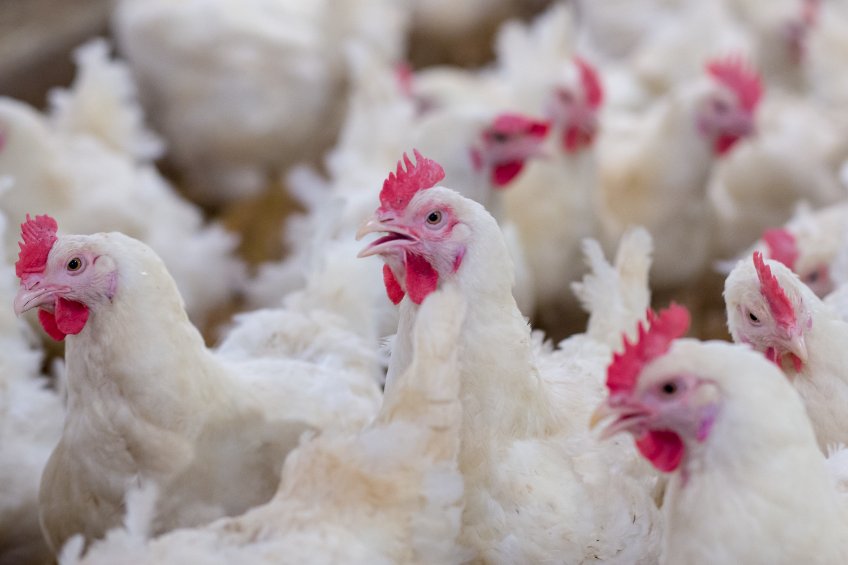
A case of highly pathogenic avian influenza has been detected in poultry at an Anglesey farm, the region's second case this month.
A 3km Protection Zone and 10km Surveillance Zone have been declared around the infected premises to limit the risk of disease spread, the Welsh government said.
Within these zones, bird movements and gatherings are restricted and all holdings that keep birds must be declared.
"It is vital keepers of birds remain vigilant and ensure they have the very highest levels of biosecurity in place," a spokesperson for the Welsh government said.
"All keepers of kept birds should be vigilant for signs of the disease such as increased mortality, respiratory distress and drops in food or water intake, or egg production.
"Consult your veterinary surgeon in the first instance if your birds are unwell."
The latest case in Wales comes as the UK continues to face its largest ever outbreak of avian flu, with nearly 200 cases confirmed since late October 2021.
Over 30 of these have been confirmed since the beginning of October 2022.
A GB-wide Avian Influenza Prevention Zone (AIPZ) is now in force to prevent the spread of bird flu following a significant increase in cases.
As part of the GB-wide AIPZ, keepers with more than 500 birds will need to restrict access for non-essential people on their sites.
Workers will also need to change clothing and footwear before entering bird enclosures, and site vehicles will need to be cleaned and disinfected regularly to limit the risk of the disease spreading.
Backyard owners with smaller numbers of poultry including chickens, ducks and geese must also take steps to limit the risk of the disease spreading to their animals.
The Chief Veterinary Officers for England, Scotland and Wales said winter brought an even more increased risk to flocks as migratory birds return to the UK.
“Scrupulous biosecurity and hygiene measures is the best form of defence, which is why we have declared an AIPZ across Britain," they said.
"All bird keepers must take action to help prevent the disease spreading to more poultry and other domestic birds.
“The introduction of an AIPZ means regardless of whether you keep a few birds or thousands, you are legally required to meet enhanced biosecurity requirements to protect your birds from this highly infectious disease.”
